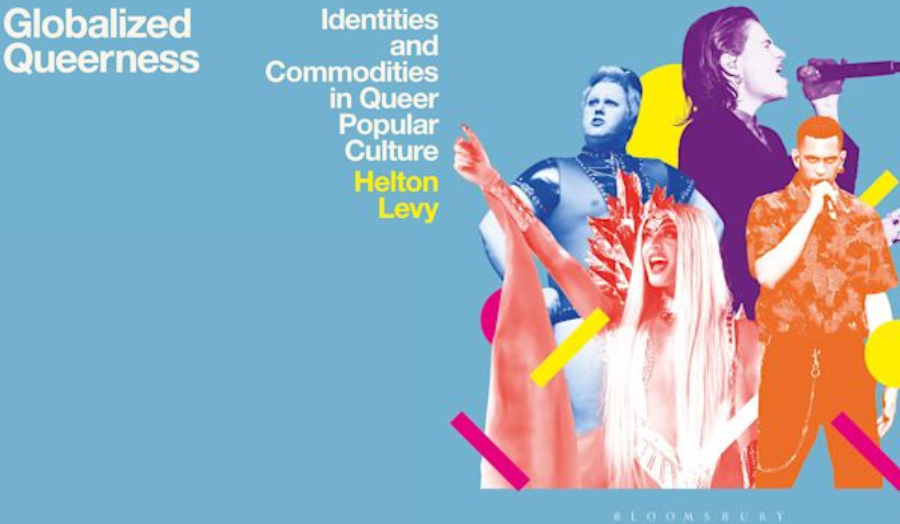A new book by Dr Helton Levy, from SCDM, argues that more consideration for local queer cultures is necessary
Has a global queer popular culture emerged at the expense of local queer artists? In his new book, Globalized Queerness: Identities and Commodities in Queer Popular Culture, Dr Helton Levy, from the School of Computing and Digital Media and a member of the Centre for Global Diversities and Inequalities, argues that global queer culture is a positive development but has yet to show local and marginalised cultures around the world.
Surveying the genealogies of what he calls "queer commodity", his work spams the recent history of queer media and activist movements to argue that contemporary culture is indebted to specific, local references that artists carry from their early experiences in life. The study shows that these references have become homogenised by contemporary media markets, the news, and new technologies.
The book's central argument is to challenge the assumption that queer publics live and consume only through a global set of references, including gay parades and rainbow flags. For example, Dr Levy argues that this erases many personal complexities and traits, as it omits their web of relationships, local habits, and information.
Using insights from the world's ten biggest media markets, interviews, and ethnographic work, Dr Levy argues that artists and cultural actors negotiate a series of conditions once they succeed in mainstream media. At the same time, local queer acts and knowledge remain unseen in the broader media world. For that reason, he defends stronger incentives for local communities to accept and acknowledge the work of queer people before and after commodification.

